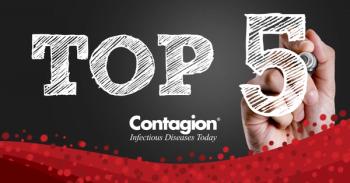
Stay up-to-date on the latest infectious disease news by checking out our top 5 articles of the week.

Stay up-to-date on the latest infectious disease news by checking out our top 5 articles of the week.
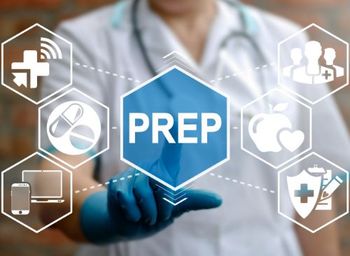
That daily PrEP dose may not be necessary, according to a new study that examined time-driven and event-driven dosing in a high-risk population.
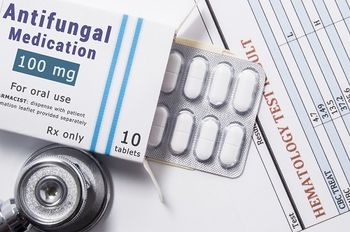
Researchers have hypothesized that the amount of time required to develop a novel antifungal therapeutic can be cut by repurposing drugs that are already FDA approved.

Cryptococcal meningitis is the leading cause of mortality in people living with HIV/AIDS, but a new study shows promising results for alternative treatments.

Natural disasters like hurricanes can have implications for public health, including a heightened risk of infectious diseases.

Bacteriocin operates effectively by damaging the cell walls of the target species, inducing cell perforation and blebbing, thus killing the cells.
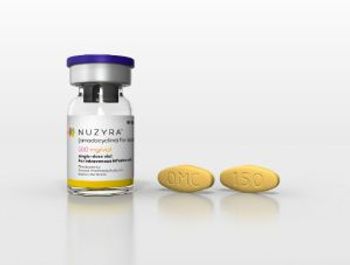
Investigators have presented the microbiological, efficacy, and safety results in the pooled intravenous drug use vs non-intravenous drug use patients in 2 phase 3 ABSSSI studies, OASIS-1 and 2.

The in vitro activity of nano-mupirocin, as well as its distribution to vaginal mucus, strongly support its development for the treatment of MDR gonorrhea.

A new study sheds light on the relationship between fungi and C diff infections.
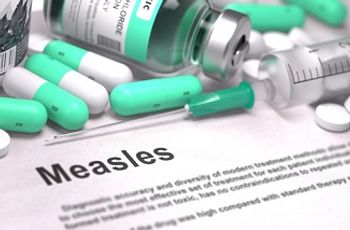
Being geographically close a measles outbreak could change the way individuals feel about getting vaccinated against the disease.

Adding post market adaptive studies to existing noninferiority trials can provide clinicians with necessary data without slowing market introduction.
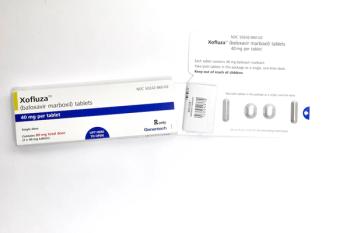
The MINISTONE-2 study enrolled pediatric patients and the BLOCKSTONE study looked at preventive treatment for individuals living with someone with an influenza infection.
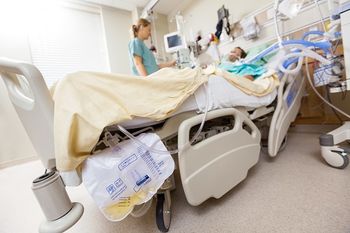
Prescriptions are often given for antimicrobial treatment for asymptomatic bacteriuria despite national guidelines against it, which could lead to longer hospital stays, a new study found.
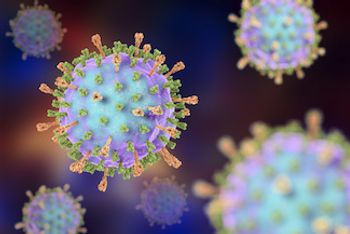
A new study of college-aged individuals demonstrated insufficient immunity in a fraction of participants who were vaccinated against mumps in childhood.

A newer software called STEM offers an accessible, customizable tool for outbreak response and preparedness efforts.
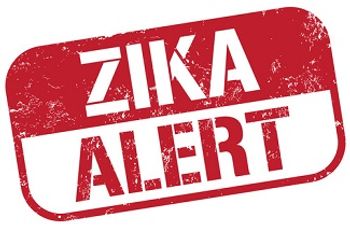
Although Cuba reported no cases of Zika virus in 2017 and 2018, investigators used travel data and genomic epidemiology to uncover a large, “hidden” Zika outbreak.
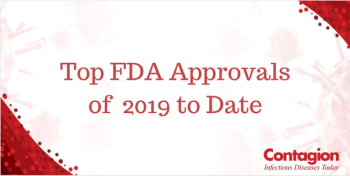
As the summer comes to a close, our editorial team is looking back at the top FDA approvals of 2019 to date and looking ahead at what is left on the docket this year.

The total number of communities at critical risk of the mosquito-borne Eastern equine encephalitis stands at 28 statewide. Thirty-seven other towns are considered at high risk for EEE, while 126 are at moderate risk.
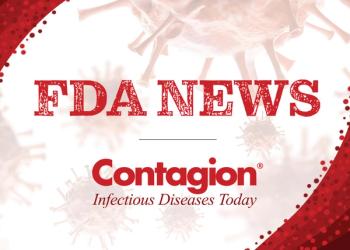
Here is a look at infectious disease-related US Food and Drug Administration news from the week of August 25, 2019.
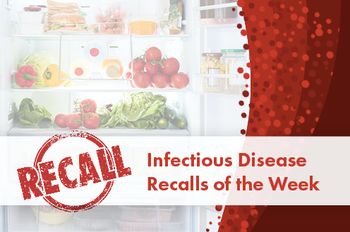
We’ve rounded up a list of important US Food and Drug Administration (FDA) and US Department of Agriculture (USDA) recalls from this past week.

Stay up-to-date on the latest infectious disease news by checking out our top 5 articles of the week.
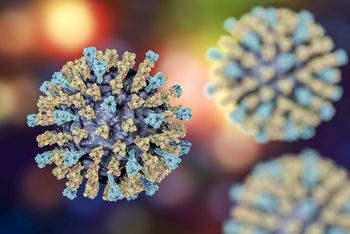
The European Regional Verification Commission for Measles and Rubella Elimination concluded that Albania, Czechia, Greece, and the United Kingdom have lost ground in the fight to eradicate measles.
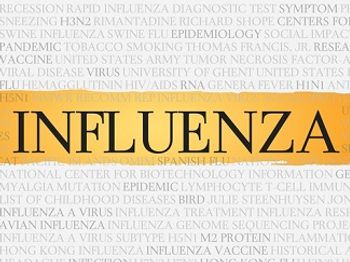
Investigators with Seqirus presented findings from a handful of studies on a MF59 adjuvanted influenza vaccine at the Options for the Control of Influenza (OPTIONS X) Conference in Singapore.

As August draws to a close, the Contagion® editorial team is recapping the trends and top infectious disease news of the month.

Prior to 2017, Salmonella isolates with resistance to azithromycin had occurred in fewer than 0.5% of isolates from ill Americans.

Allowing pharmacists to provide PrEP care is a feasible alternative for improving access to the treatment, according to a recent trial that was well-received by patients and pharmacists.
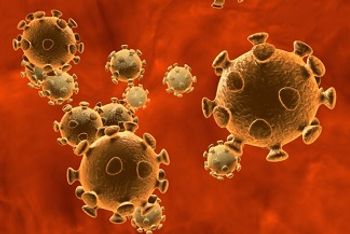
Advances in treatment mean people are living longer than ever with HIV—but the flip side is an increased risk of certain diseases, especially ones related to aging.

As a growing number of infections become resistant to antibiotic medications, it is becoming crucially important that providers not only practice antibiotic stewardship but also use effective antibiotics when they are needed.

Notes from the field detailing a case of a patient with a Klebsiella pneumoniae isolate with 3 carbapenem resistance genes can help guide practices against antibiotic resistance.
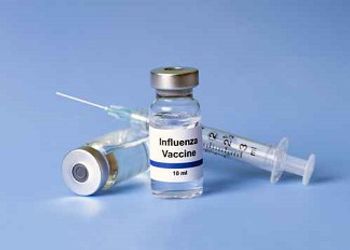
The crux of new information centers around the vaccine virus composition for the 2019-2020 season, and recent labeling changes for previously licensed vaccines.